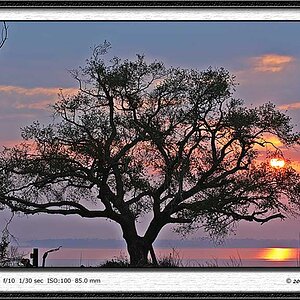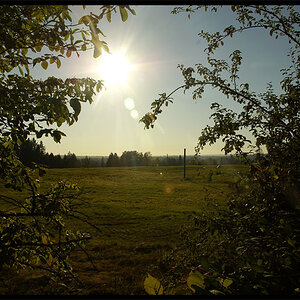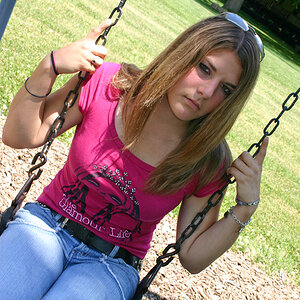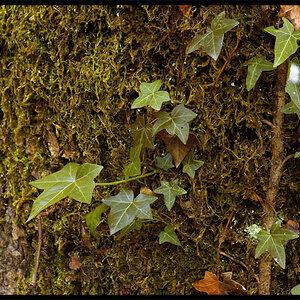- Joined
- Sep 2, 2003
- Messages
- 34,526
- Reaction score
- 7,557
- Location
- In the mental ward of this forum
- Can others edit my Photos
- Photos NOT OK to edit
Then one could argue you didn't have an excellent grasp of exposure - or you never bracketed.When I started taking pictures and when I did take color, the exposed films disappeared into the processing mill and emerged some days later. I didn't have the sense of how I really could make my pictures better as much of the control loop seemed out of my hands. Good color pictures were more luck than anything.
If you speaking only of the image/film developmental process, then this makes sense.I wanted to be able to exercise some control over the process so I naturally went to BW. Even then, I couldn't profit from much help because all my learning came from books and magazines and there wasn't much of an esthetic of photography.
All you needed by your side back then was a good Polaroid for instant feedback. :mrgreen:At least I could see what I was doing relatively quickly in the process and could adjust my behaviours to aim towards better results.
Digital has certainly knocked Polaroid from top spot in this sense, but the premise of giving people the ability to check lighting and composition prior to making that "final shot" is unchanged. Polaroid invented it.The digital age has done lots of things to make photography easier to do and to learn. IMO, the most important effect is had had on quality is to provide instant feedback loops for the mechanics and esthetics of picture making.
Online communities are even more apt to isolate you, the way I see it. The old days of camera clubs or photography groups where people actually came together are certainly gone. You now sit alone in front of your PC and get ideas from people you only know online.No one is isolated and everyone can get some ideas about their progress from online communities.
:scratch: Film was and is not exclusionary. Kodak's been pushing ubiquity of cameras since they came out with the Brownie! "You take the pictures; we'll do the rest" is a fine way for anyone to start, and I could argue that it is now Adobe (through PS) that promises that very thing. "Go snap the shot; it can all be fixed later if you use our product." You can be a semi-fanatic using ANY medium.The ubiquity of cameras and the ease of their use means that people can take up photography casually and then, seeing it for the creative outlet it is, become more involved. With film, only the semi-fanatic could get into the hobby.
Just my take; but as always - what the hell do I know?

:razz:




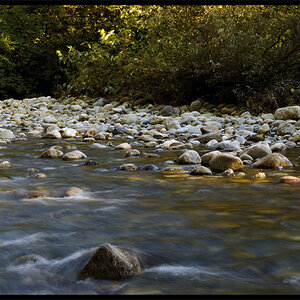


![[No title]](/data/xfmg/thumbnail/33/33338-4ae29c5eff506820d8b986c033234764.jpg?1619735908)
